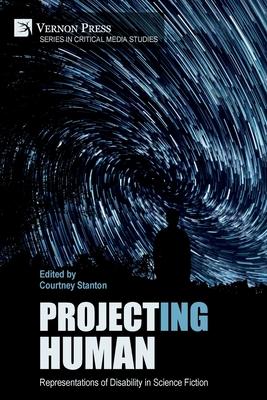This edited volume examines representations of disability within popular science fiction, using examples from television, film, literature, and gaming to explore how the genre of science fiction shapes cultural understanding of disability experience. Science fiction texts typically grapple with concepts such as transhumanism, embodiment, and autonomy more directly than do those of other genres. In doing so, they raise significant questions about the experience of disability. More broadly, they often convey the place of disability in not only the future but also the world of today.
Through critical research, the chapters within this interdisciplinary collection explore what science fiction texts convey about the value of disability, whether it be through disabled characters, biotechnologies, or, more broadly, conceptions of an idealized future. Chapters are grouped thematically and include discussions of the intersections of disability with other identity groups, the interplay of disability and market/capitalist value, and how disability shapes current and future definitions of human-ness, agency, and autonomy. This full volume builds on current research regarding the relationship of disability studies to the science fiction genre by exploring new themes and contemporary media to aid as an instructional tool for scholars in fields of disability studies, science fiction literature, and media studies.
